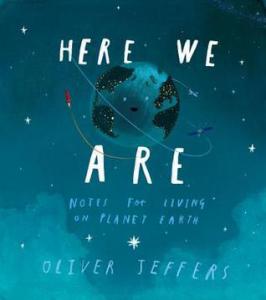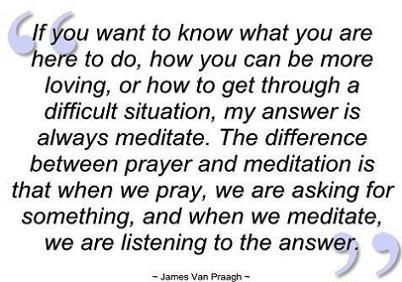Hearing the word ‘snowflake’ on the Moral Maze a few nights ago and the word coming from the mouth of the person who apparently coined the phrase had me thinking. The context of its use on the Moral Maze was that certain student unions on uni’ campuses were too easily offended and that they were banning particular speakers (this regular BBC guest being one of them) from a platform because they represented a certain way of thinking that the students didn’t, by consensus believe reflected their way of thinking.
The position upheld by this particular guest was familiar and went something like; it is necessary, in order to be a progressive modern citizen to be open to all lines of argument and make rational choices based on listening to all sides – it certainly seemed like a robust argument.
However what about the way arguments are elaborated and formulated at the highest levels – don’t they always rely on a strong element of limitation. A mathematician doesn’t work on all aspects of their field but narrows the spectrum down to something very specific. A philosopher will work within a very specialised area of thought and so on and so on. As the great and charismatic scientist, raconteur, teacher and musician Richard Fynman used to say “I’m happy to not know everything … in fact I find the idea of not knowing everything very exciting.”
And in any case isn’t it delusional to think that because we are exposed to a vast amount of information that we are somehow omni-educated, omni-thinking, omni-political, omni-wise – sitting on our throne of knowledge and regally making and acting on in-formed opinion.
Perhaps rather than being blinded by the information snow, we should be ‘happy not to know everything’ – turn the radio off, turn the TV off, and yes, sometimes perhaps, be a little selective about views expressed on our uni’ platform.





